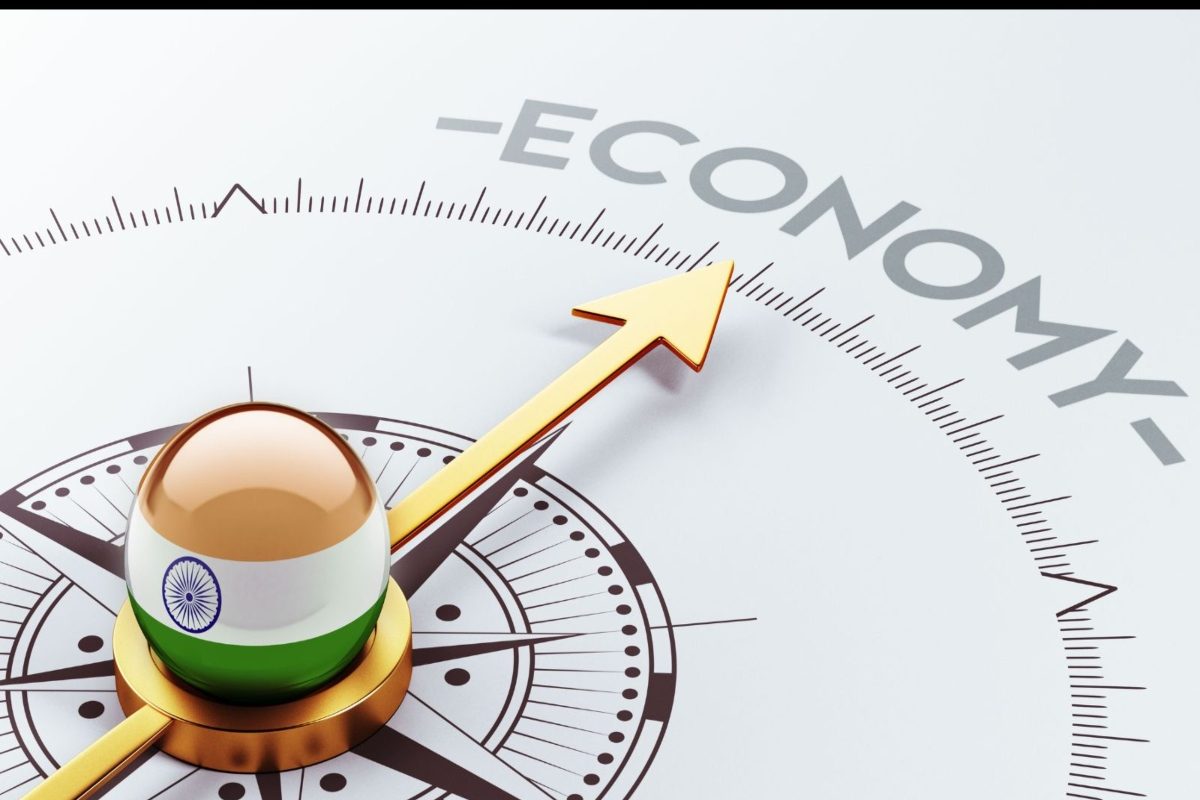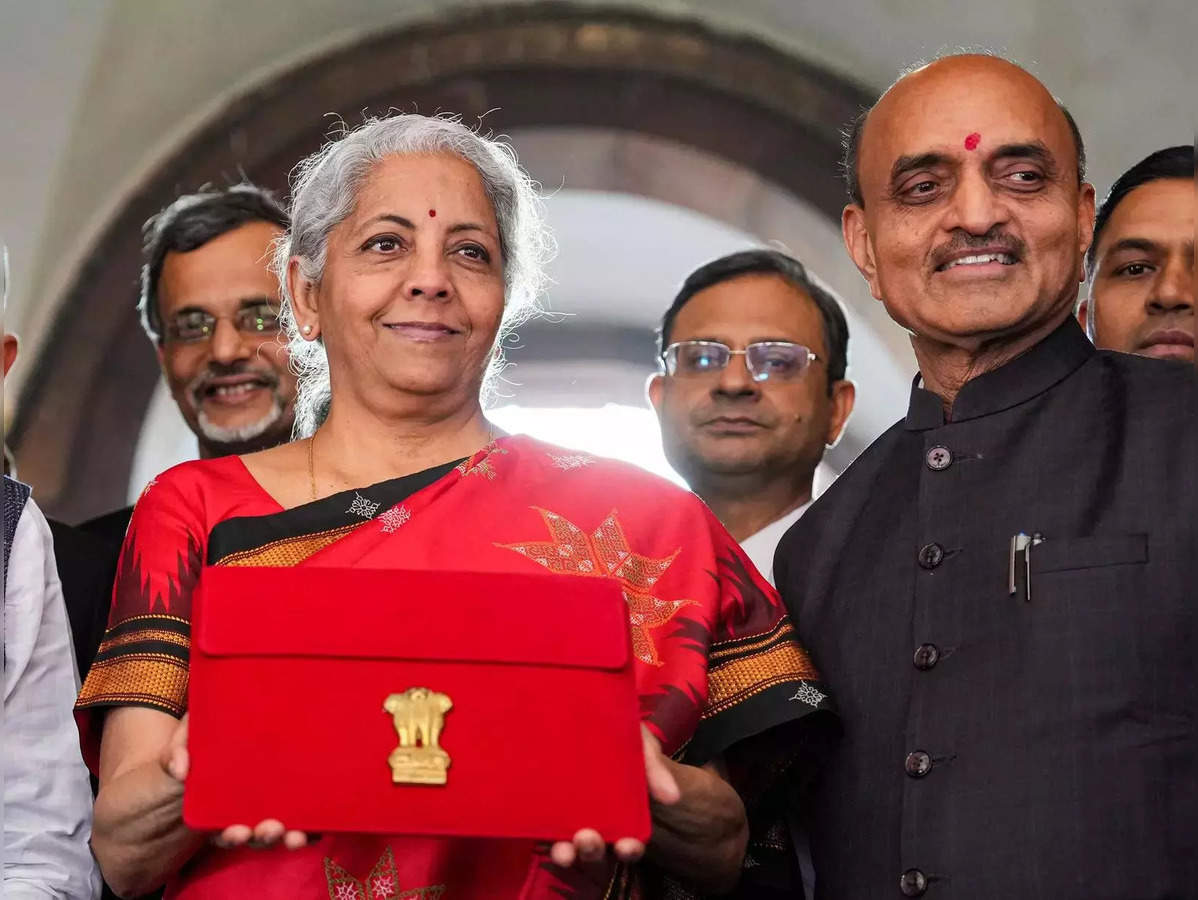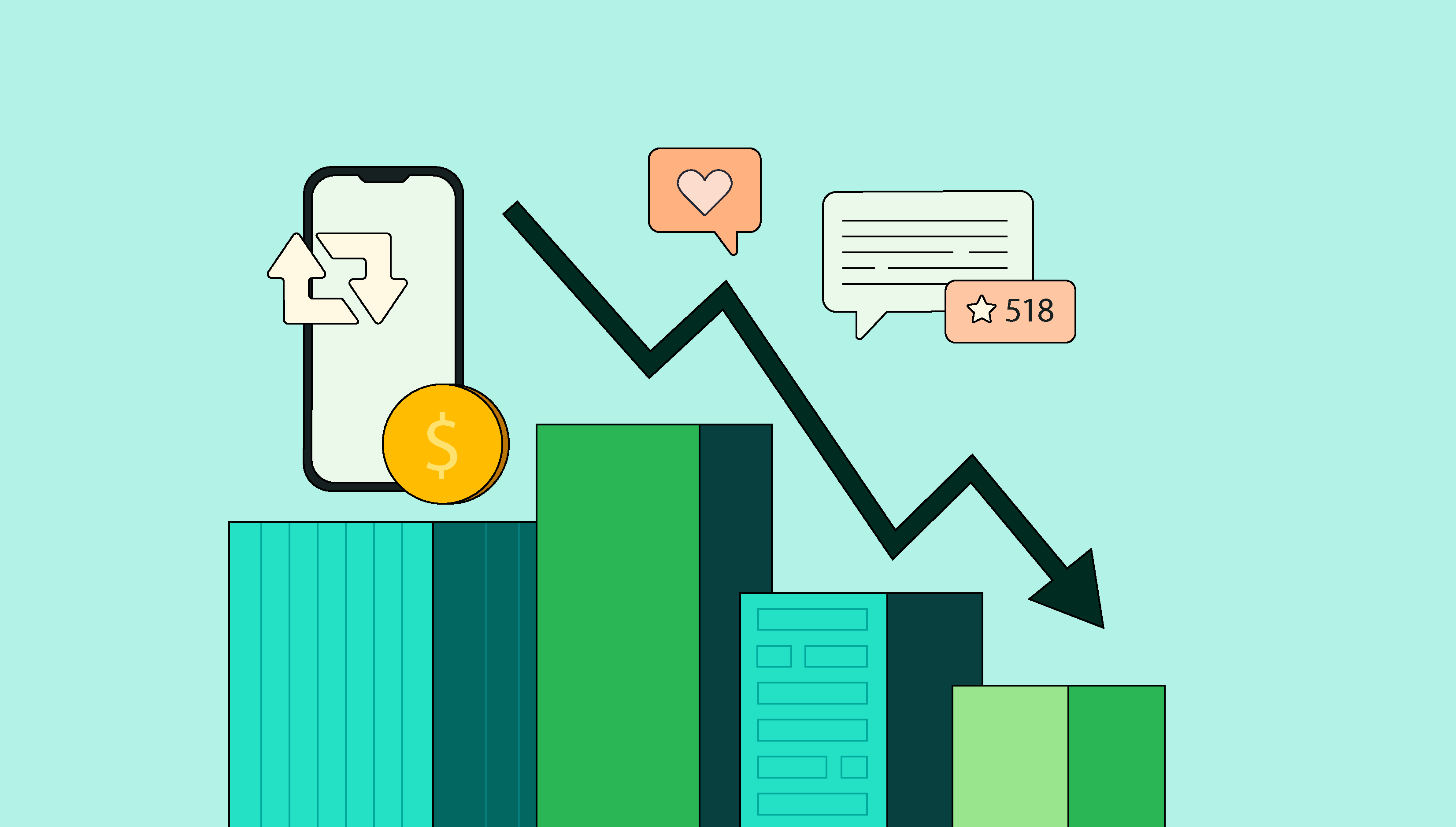Government Affirms Growth Momentum Remains Intact 2023

Government Affirms Growth Momentum Remains Intact 2023
In the face of economic uncertainties and challenges, governments play a pivotal role in shaping the trajectory of a nation’s growth. The assertion that “Growth Momentum Is Intact,” echoed by governments worldwide, is not just a statement but a declaration of their economic policies and strategies.

According to the Finance Ministry’s monthly report on the economy released on Friday, high-frequency indicators (HFIs) for the July–August 2023 period show a continuation of the growth momentum from the first to the second quarter, with the GDP expansion in the current fiscal year expected to be 6.5% and risks being evenly distributed.
“Risks still exist, as always. The cost of crude oil is rising gradually. Both the kharif and rabi crops may be impacted by the monsoon shortfall in August. According to the ministry’s August report, that has to be evaluated.
In July and August 2023, high-frequency indicators including GST collection, E-way bills, PMI manufacturing, and PMI services are maintaining the growing trend.
Food prices continue to rise across the board in many important economies. Due to government involvement with targeted actions for certain crops, such as building up a buffer, purchasing from producing hubs, and subsidised distribution, consumer food price inflation in India decreased to 9.9% in August.

“Growth momentum intact” is a phrase commonly used by governments to signify that their economies are on a path of consistent and sustainable growth. This assertion implies that the fundamental drivers of economic expansion remain robust, and the nation is poised for future prosperity. It serves as an assurance to citizens, investors, and international markets that the government is effectively managing the economy.
Key Indicators of Growth Momentum
- Gross Domestic Product (GDP): GDP is the most commonly cited indicator of economic growth. When a government claims its growth momentum is intact, it typically points to a steadily increasing or stable GDP. This reflects the overall size and health of an economy.
- Employment Figures: A growing economy often leads to increased job opportunities. Low unemployment rates and a steady growth in employment figures are indicative of a nation’s positive economic momentum.
- Inflation Rate: A controlled and stable inflation rate is crucial for sustained economic growth. Governments strive to maintain low and predictable inflation rates to safeguard consumers and businesses.
- Trade Balance: A favorable trade balance, where exports outweigh imports, is a sign of economic strength. A government’s ability to maintain or improve its trade balance can support its claim of intact growth momentum.
- Investment and Infrastructure: Governments often highlight their investments in infrastructure, technology, and human capital as evidence of their commitment to long-term growth. These investments contribute to economic development and can bolster a nation’s growth prospects.

Governments may implement fiscal policies like tax reforms and increased public spending to stimulate economic growth. Well-crafted fiscal measures can bolster confidence in the economy.
Central banks play a crucial role in managing economic stability through monetary policies. Maintaining appropriate interest rates and money supply can foster growth.
Governments often undertake structural reforms to remove barriers to economic growth. These reforms can improve business environments, streamline regulations, and enhance the ease of doing business.
A government’s claim of intact growth momentum may be supported by favorable global economic conditions, such as rising demand for exports and stable international markets.
Investments in innovation and technology can drive growth in various sectors, from manufacturing to services. Governments may cite these advancements as evidence of sustained momentum.

While governments may assert that growth momentum is intact, critics often point to potential challenges and caveats:
- Income Inequality: Rapid economic growth can sometimes exacerbate income inequality. Critics argue that governments should focus on inclusive growth that benefits all segments of society.
- Environmental Sustainability: Unsustainable growth can harm the environment. Critics emphasize the importance of green and sustainable economic policies.
- Global Events: External shocks, such as financial crises or natural disasters, can disrupt growth momentum. Governments must remain resilient in the face of unforeseen challenges.
The assertion that “Growth Momentum Is Intact” is a powerful message that governments convey to instill confidence in their economic management.
However, it’s essential to critically examine the underlying indicators, policies, and external factors that support such claims.

Governments must balance economic growth with social and environmental considerations to ensure the well-being of their citizens and the long-term sustainability of their economies.




